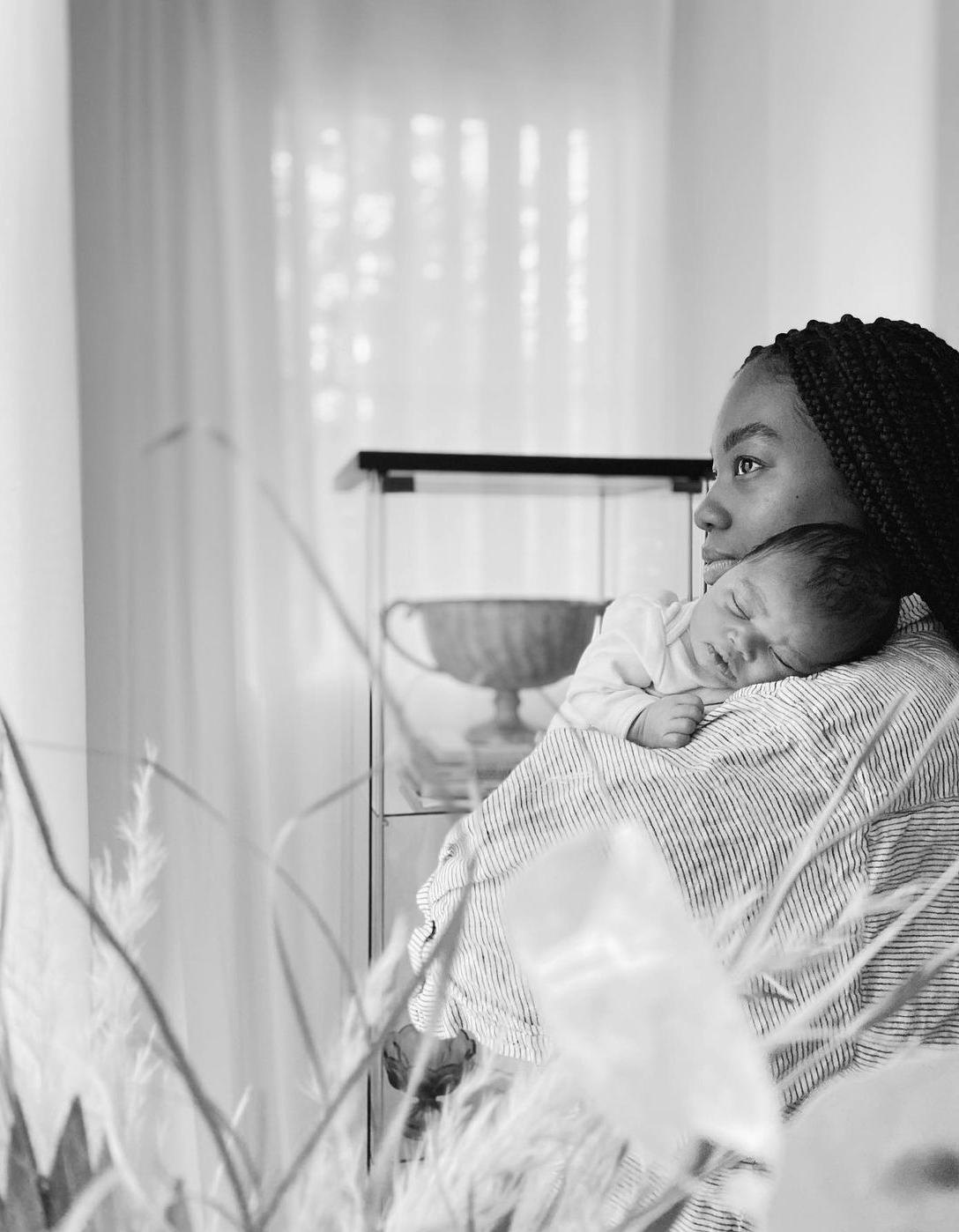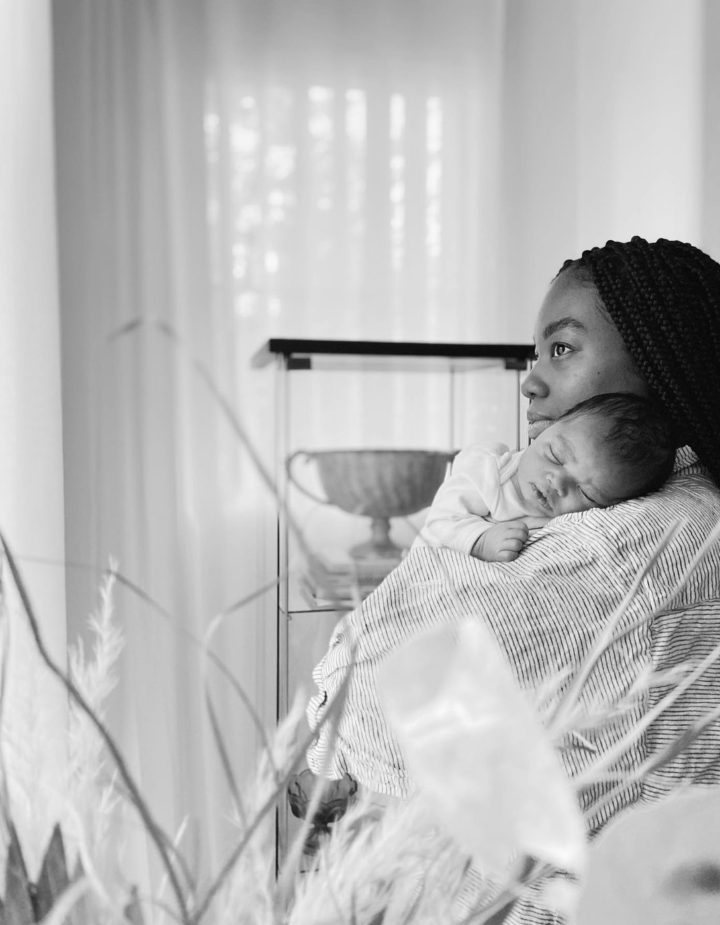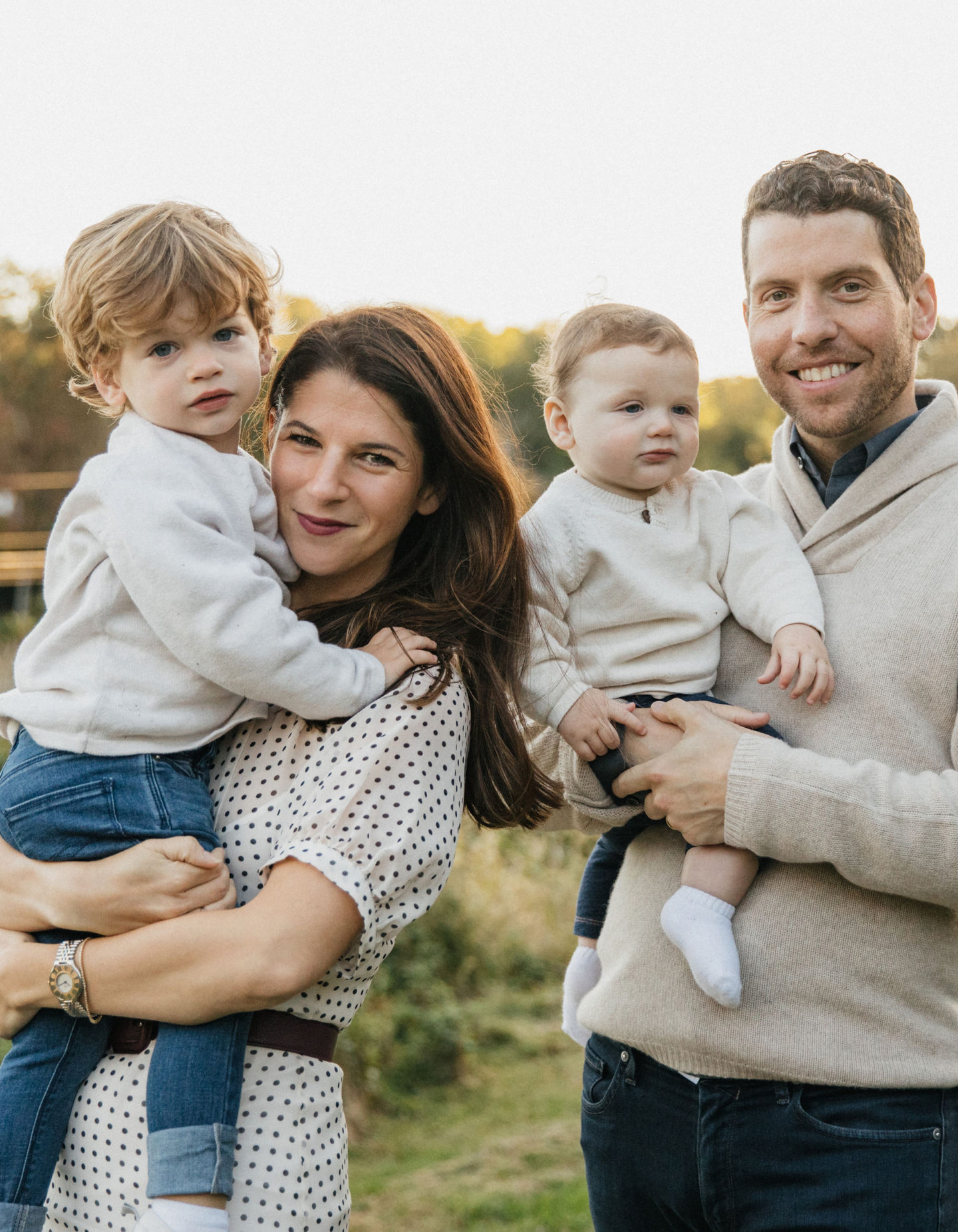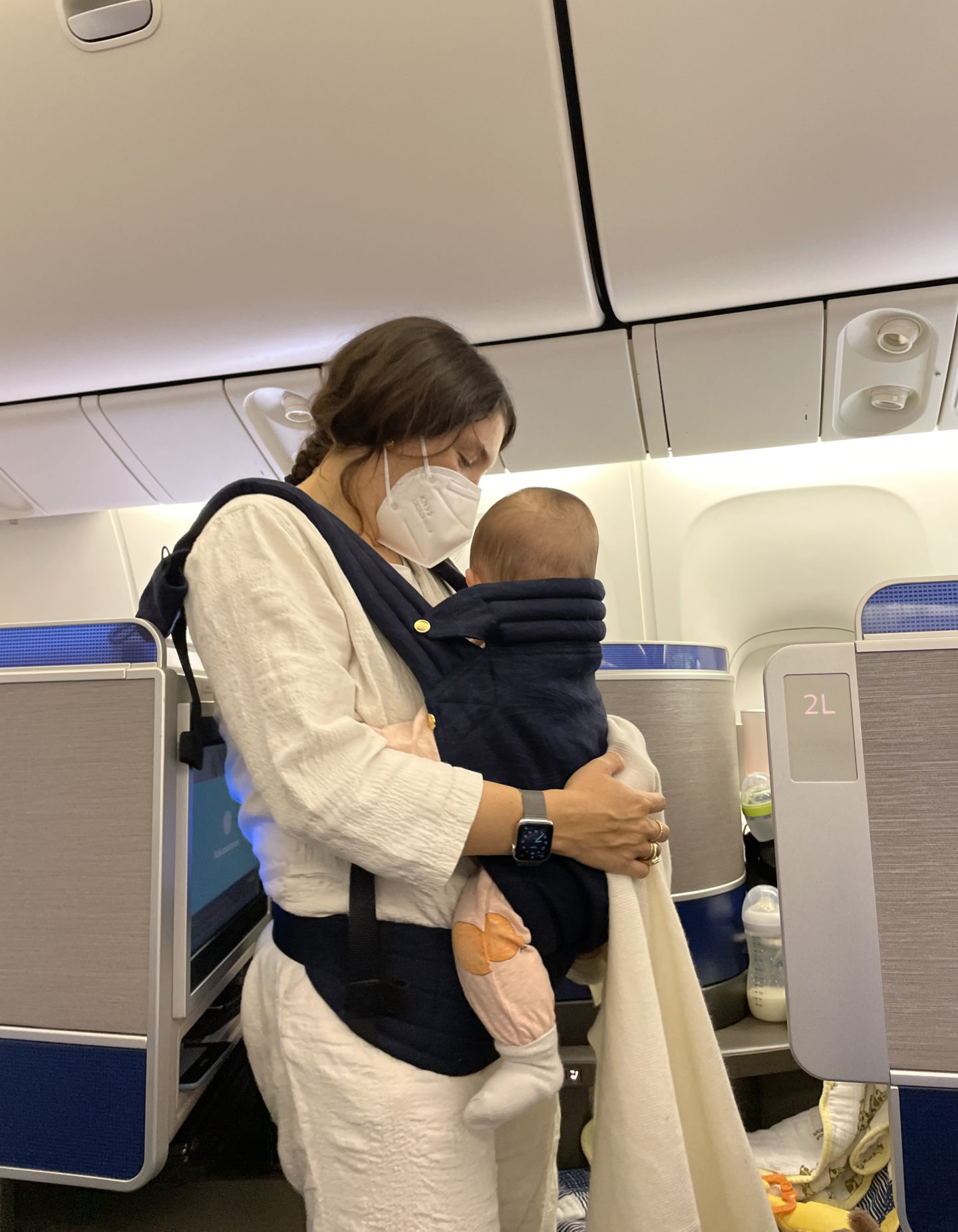This article was written by Birth Stories in Color (BSiC), a podcast where Black, Indigenous, Asian, Latino and Multiracial individuals can share their birthing experiences. It’s a space that specifically celebrates, mourns with and supports them and their transformation through birth. BSiC also emphasizes the role of storytelling as a way to equip future parents. Listening to real birth stories is one way to discover the expected and unexpected parts of the journey. While there are birth stories not being heard, BSiC’s hope is that all who share and listen find this platform to be a community and an invaluable resource for those navigating their own journey.
Raising Black children in America is an experience coupled with joy and challenges. The choices we have to make can often seem audacious. We desire to raise free Black children with joy-filled promises. Our own experiences have caused us to be on guard with everyone our children interact with, including the community helpers we entrust with them. However, we have watched countless videos depicting the violence and disrespect of Black bodies on every platform available. The trauma often leaves inescapable wounds that mar our ability to parent in a way that we deserve.
These are the realities that shape our lived experiences, factors we don’t have the luxury of ignoring or escaping, thus leaving us with reconciling what it is to keep our kids safe and allowing them to live in joy and be free. As two Black parents currently navigating our journey of parenthood, we often share our concerns, frustrations, and most importantly, how we are creating space for our children to live within their birthright of joy. As we often express on BSiC, everyone’s own experience is their own, but sitting in the community will enable us to connect with and take pieces of others’ experiences to help navigate our own.
Black parents can create opportunities for our children to experience and learn about our culture and history that stems through time, before, during, and after our ancestors were stolen from Africa. Our families are starting to embrace and build upon the idea of Black futures. Exploring community engagement that offers up empowerment, a reconnection to cultural traditions is a strategy that centers their lives, unifies our people, and builds self-confidence. Our families can reimagine our world to be how we want it to be. Reimagining our world will take more than thoughts, but that is the starting point.
For many in the Black community, the saying we heard often was “children are meant to be seen and not heard.” Our children are active participants in their daily lives. There is an open conversation about their wants and dislikes. These conversations allow for opportunities for learning and social-emotional awareness. There is always acknowledgment of our mistakes and reconciliation when those mistakes have caused hurt or confusion. While we are their parents and guides, we are also their first encounter in relationships with others. We allow them to build trust in how they feel and how that shapes their communication and connection to others.
There are many stories of our elders’ experiences that have loose ends – we are open with ours—sharing the experiences that have shaped us. Forthcoming with the many layers of life – our joys, mistakes, heartbreaks experienced, and moments of confusion. It provides an opportunity for our children to see us in our humanity as their parents and learn to name their feelings the ways they show up for them. It also serves as a beginning lesson that walking through life does not have to be carried on our own. We can lean into our community to support us in the ways we need. That is, asking for help and accepting help makes us stronger.
There are days of lounging, low expectations, and clearing schedules when necessary. Teaching our children that there can be ease and flow in childhood will carry over to adulthood. The rejection of busyness allows our children to focus on the things that bring them joy and have no ulterior motive. Our bodies are designed to create, do, learn, move, and they are divinely called to rest.
There is a poem by Kahlil Gibran – On Children: The first time we heard it was through a song by Sweet Honey in the Rock. Below is an excerpt that resonates with us the most:
Your children are not your children.
They are the son and daughters of Life’s longing for itself.
They come through you but not from you,
And though they are with you yet, they belong not to you.
As our children teach us in pregnancy and birth, we are not in control of the plan. We are there to guide, protect and ensure their journey of life is honored in its sacredness. The root of parenthood is that it requires us to work on ourselves, sometimes healing our inner child. A lesson that may not always be easy and is ongoing, but of the most importance – fulfilling this, we can show up fully for our children, uplifting free Black children with free Black parents.




